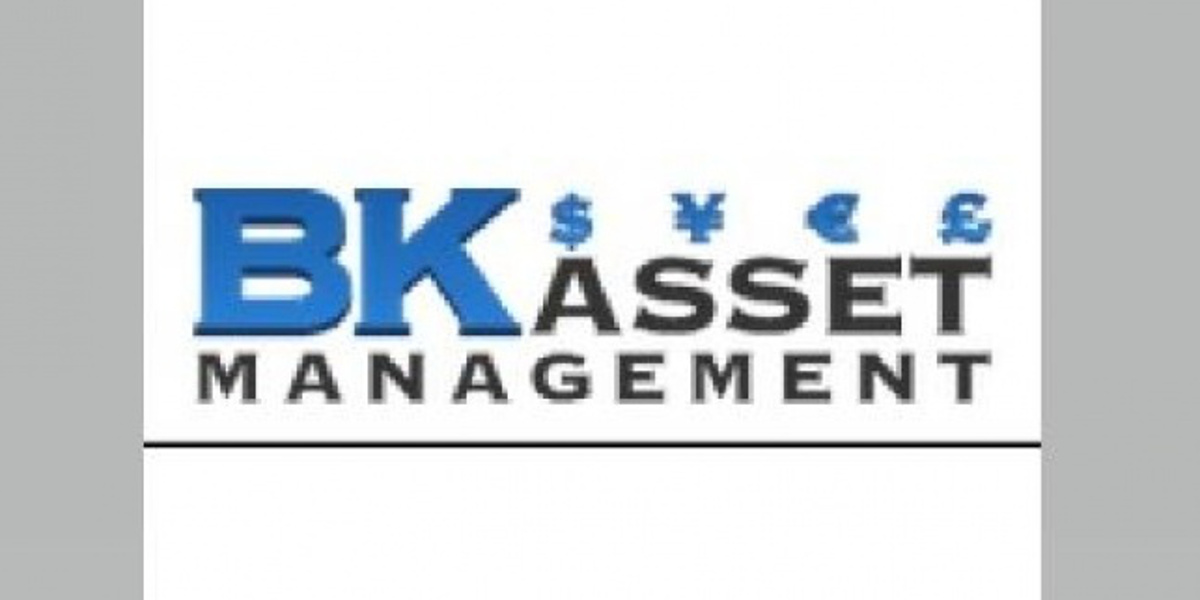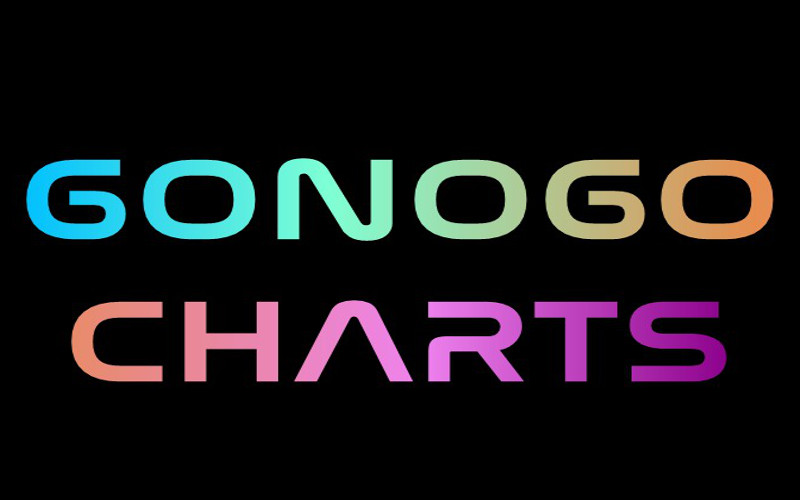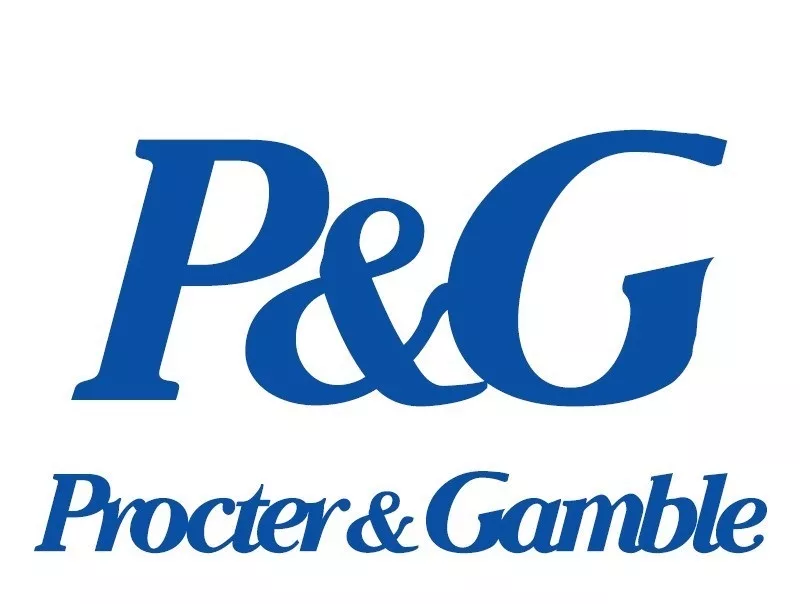Higher For Longer

Higher For Longer
Overview:
The central banks of Norway and Switzerland have hiked rates by 50 bp and 25 bp, respectively. Attention is on the Bank of England. A 25 bp hike is widely expected but after strong inflation report, the risk is clearly for a 50 bp hike. In fact, we suspect a quarter-point move could see sterling sold. With a new orthodox economics team in Turkey, a large rate hike is expected today. Late in the North American session, Mexico’s central bank meets but previously announced a pause as inflation is moderating. The dollar is on the defensive. The recovery we expected has been more shallow than we anticipated as the market remains unimpressed with the Fed’s signal of further hikes, which Chair Powell underscored in his testimony yesterday and will repeat it today. Since the Fed delivered its hawkish pause last week, the two-year yield has risen by about five basis points, half of which are being recorded today. The euro rose above $1.10 for the first time in more than a month and the Canadian dollar is at new highs for the year.
China and Hong Kong markets on closed for a national holiday today and other Asia Pacific equity markets were mostly lower, led by a 1.6% retreat in Australia. South Korea and Taiwan managed to post modest gains. Europe’s Stoxx 600 is lower for the fourth consecutive session, which, if sustained, will be the longest losing streak of the year. US equity futures are also trading lower. Benchmark 10-year yields are most 1-3 bp higher in Europe. The 10-year US Treasury yield is also three basis points higher near 3.75%. Gold is softer in a $1925-$1935 range. It set a three-month low yesterday slightly below $1920. August WTI reached a nine-day high yesterday around $72.70 and is consolidating so far today above $71.50.
Asia Pacific
Today’s quiet Asia Pacific session will likely be succeeded by a bigger day tomorrow when Japan reports May CPI, and the flash PMI for Japan and Australia are announced. Like the eurozone’s preliminary CPI estimate and the flash PMI, Tokyo’s CPI released a few weeks ago takes most of the thunder from the national figure. Moreover, Tokyo’s June CPI is reported at the end of next week. The flash June PMI is likely more important for Australia than it is for Japan. BOJ Governor Ueda is still pushing for patience and expects inflation to ease over the next few months before rising again in the second half of the fiscal year (starts October 1). Meanwhile, the futures market expectation for another hike from the Reserve Bank of Australia when it meets on July 4 has slipped to about 33% (from around 50%) following the RBA minutes earlier this week that showed its surprise rate hike earlier this month was finely balanced decision. However, since the RBA’s meeting, investors and policymakers have learned that the economy added nearly 62k full-time positions in May, the participation rate rose, and the unemployment rate fell. That follows a softer April report.
The dollar is in a narrow range below JPY142.00, where options for around $920 mln expires later today. The session low is near JPY141.60. The week’s low is JPY141.20-30. With the policy divergence palpable, a lower yen still seems to be the path of least resistance. The Australian dollar is little changed and hovering near $0.6800 in the European morning. This area corresponds to a (38.2%) retracement of the losses from last Friday’s high near $0.6900 through yesterday’s low around $0.6740. Above there, the next retracement (50%) is about $0.6820. Separately, the Australian dollar appears to have carved a double top against the New Zealand dollar and broke through the neckline today near NZD1.0930. The measuring objective is near NZD1.0800. China and Hong Kong markets were closed to a national holiday today. The greenback is trading with a firmer bias against the offshore yuan (~CNH7.18), but off yesterday’s high when it briefly traded above CNH7.20.
Europe
The Bank of England’s rate hike announcement is due shortly. After the second consecutive upside inflation surprise reported yesterday, the swaps market is discounting about a 30% chance of a 50 bp move instead of 25 bp. There ae five meetings left this year counting today’s and the market is pricing in an almost 6.0% year-end rate, which is 150 bp above the current base rate of 4.50%. That seems to imply a 50 bp hike at some juncture, even if not today. Although the BOE has revised away the recession it previously forecast, the risk is that it induces one to bring inflation down. Chancellor Hunt earlier indicated that this was a risk worth taking.
Two other European central banks hiked today. Norway’s Norges Bank lifted the deposit rate by 50 bp to 3.75%. Although it was among the earliest to hike rates among the G10, starting in September 2021, six months before the Fed and 10 months before the ECB, Norway has seen little progress against inflation. Headline CPI reached 6.7% in May. It peaked at 7.5% last October. It eased to 6.3% in February before rising again. More importantly from a policy perspective, the underlying rate, which excludes energy and adjusts for tax changes, made a new cyclical high of 6.7% in May. Meanwhile, the Norwegian krone had eclipsed the yen as the weakest G10 currency so far this year (~-9.0% vs. -7.7%). The larger move and the guidance, warning of another hike in August and a peak rate of 4.25% later this year, spurred a 1.30% rally of the krone. The Swiss National Bank, which meets quarterly, hiked by 25 bp to 1.75%. The EU harmonized measure of CPI matches the national measure with a 2.2% increase year-over-year in May. The swaps market has one more hike discounted and around a 40% chance of an additional move. The Swiss franc is the second strongest of the G10 currencies this year behind sterling, with a roughly 2.85% gain against the greenback.
The euro extended its recovery from Tuesday’s low when it slipped below $1.0900 and traded above $1.10 for the first time since May 10. It is not traded below $1.0980 in the European morning. There is little chart resistance to note before $1.1050 and the year’s high was set in late April near $1.1095. The markets have more confidence of an ECB hike next month (~90%) than a Fed hike (~70%). Sterling is trading quietly ahead of the outcome of the BOE meeting. We suspect a 50 bp hike and hawkish guidance could lift sterling toward last week’s high near $1.2850, which was its best level since April 2022. On the other hand, a 25 bp hike could see it sold and return toward $1.2700.
America
Fed Chair Powell showed no sign of wavering in his congressional testimony. He is before the Senate Banking Committee today. The questions from the lawmakers will change but the answers won’t. Powell continues to argue that there is a “long way” to get inflation under control. The market was not persuaded at last week’s FOMC meeting when Powell suggested this and was nonplus in yesterday’s reiteration. The implied yield of the January Fed funds futures contract has risen 4 bp this week to 5.24%. Given the 5.08% current effective average Fed funds rate, fair value assuming 50 bp more in hikes would be 5.58%. Ironically, the market acts as if Atlanta Fed’s Bostic, a non-voting member, who said yesterday, his base case was a pausing for the remainder of the year, is going to win over the Board of Governors and the other regional presidents. We expect next week’s PCE deflator to push the market more in the Fed’s direction. While the headline rate (annualized through May) could be around half the pace seen in the Jan-May 2022 period, the core rate might be running slightly faster. That underscores the argument that there has not been meaningful improvement. And given that, it does not seem as if a dissent from a possible rate hike decision next month is a done deal.
The US reports Q1 current account deficit today. It tends not to move markets. One of the most notable developments in the US external balance this year is the decline in imported goods from China. Through April, they account for a little less than 15.5% of US goods imports, which if sustained would be the lowest level since 2006, down from the 21.6% peak in 2017. Note that the US recorded a goods deficit of $361 bln in the first four months of this year. It is more than a quarter larger than in 2019 and about 38.5% larger than in 2017. The US current account deficit was about 1.9% of US GDP in 2017 and this year may be a little more than 3% of GDP. Just like China replaced Japan in a common narrative that blames others for the US deficit, China will be superseded by other countries too. The constant is the US shortfall. Separately, the Leading Economic Indicators Index is due as well. As we have noted the six-month pace of decline has not been seen outside of recessions, but it is also not a market mover. Existing home sales are seen softer. Weekly initial jobless claims have been pushing higher, while the Memorial Day holiday and labor activity might have distorted, the four-week moving average is at the highest since November 2021 and looks poised to move higher.
Canada’s April retail sales blew away expectations with a 1.1% jump (1.3% excluding autos). After weakness in March, it suggests Q2 has begun off on firm footing. The median forecast in Bloomberg’s survey is for the Canadian economy to be flat this quarter after it expanded by 3.1% at an annualized pace in Q1 and this seems unreasonable low. The swaps market sees the likelihood of not just one but probably two more rate hikes by the Bank of Canada this year. Next week’s May CPI figures will likely help solidify sentiment. Mexico reports inflation for the first half of June today. Both the headline and core rates are expected to slip lower. The central bank meets later in the session, and it has signaled a pause. The swaps market is pricing a cut in Q4.
The US dollar is extending its losses against the Canadian dollar today and reached CAD1.3140, its lowest level since last September. Options for around $800 mln struck between CAD1.3100 and CAD1.3115 expire today. A break of this area targets CAD1.30. The greenback is continuing to consolidate against the Mexican peso. The multiyear low was set last Friday near MXN17.02. It recorded a six-day high yesterday by MXN17.2570 before returning below MXN17.1060. The dollar looks poised to move higher ahead of the Banxico’s decision today. Initial resistance is seen around MXN17.15 and then MXN17.20.
Managing Director
Bannockburn Global Forex
www.bannockburnglobal.com
20230622










